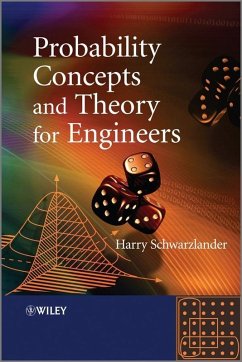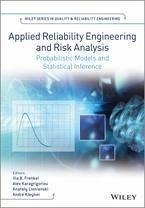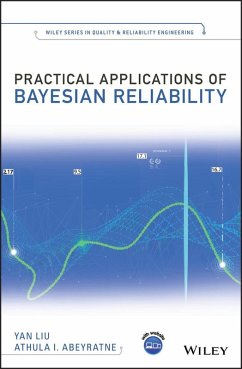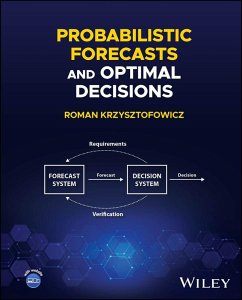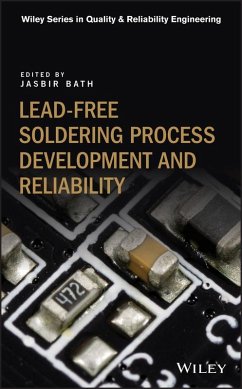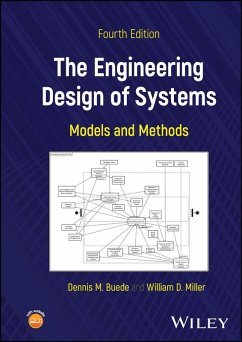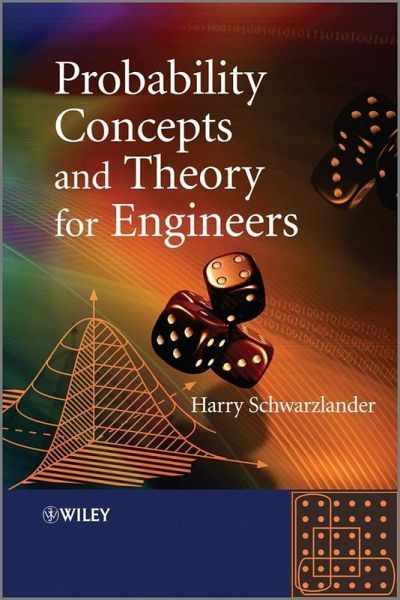
Probability Concepts and Theory for Engineers (eBook, ePUB)
Versandkostenfrei!
Sofort per Download lieferbar
71,99 €
inkl. MwSt.
Weitere Ausgaben:

PAYBACK Punkte
0 °P sammeln!
A thorough introduction to the fundamentals of probability theory This book offers a detailed explanation of the basic models and mathematical principles used in applying probability theory to practical problems. It gives the reader a solid foundation for formulating and solving many kinds of probability problems for deriving additional results that may be needed in order to address more challenging questions, as well as for proceeding with the study of a wide variety of more advanced topics. Great care is devoted to a clear and detailed development of the 'conceptual model' which serves as th...
A thorough introduction to the fundamentals of probability theory This book offers a detailed explanation of the basic models and mathematical principles used in applying probability theory to practical problems. It gives the reader a solid foundation for formulating and solving many kinds of probability problems for deriving additional results that may be needed in order to address more challenging questions, as well as for proceeding with the study of a wide variety of more advanced topics. Great care is devoted to a clear and detailed development of the 'conceptual model' which serves as the bridge between any real-world situation and its analysis by means of the mathematics of probability. Throughout the book, this conceptual model is not lost sight of. Random variables in one and several dimensions are treated in detail, including singular random variables, transformations, characteristic functions, and sequences. Also included are special topics not covered in many probability texts, such as fuzziness, entropy, spherically symmetric random variables, and copulas. Some special features of the book are: * a unique step-by-step presentation organized into 86 topical Sections, which are grouped into six Parts * over 200 diagrams augment and illustrate the text, which help speed the reader's comprehension of the material * short answer review questions following each Section, with an answer table provided, strengthen the reader's detailed grasp of the material contained in the Section * problems associated with each Section provide practice in applying the principles discussed, and in some cases extend the scope of that material * an online separate solutions manual is available for course tutors. The various features of this textbook make it possible for engineering students to become well versed in the 'machinery' of probability theory. They also make the book a useful resource for self-study by practicing engineers and researchers who need a more thorough grasp of particular topics.
Dieser Download kann aus rechtlichen Gründen nur mit Rechnungsadresse in D ausgeliefert werden.



